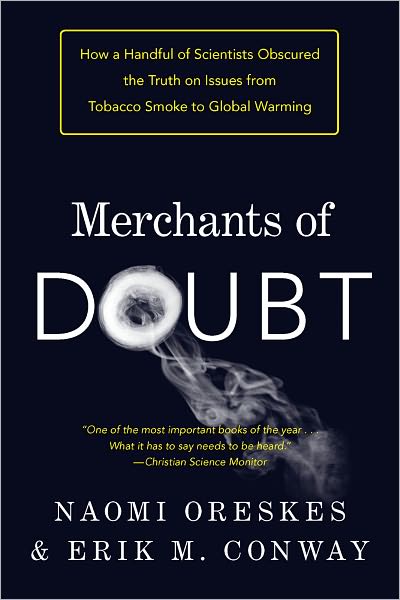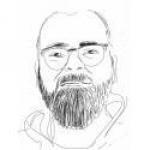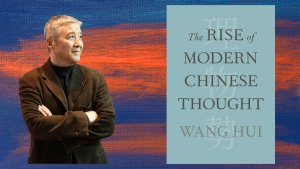
In this recent and much discussed book, the authors tell the story of the scientists who have used the “tobacco strategy” to “obscure the truth” on scientific issues such as global warming. Their narrative studies the various networks operating in the diffusion of ideas that helped undermine the scientific discoveries that global warming or cancers are industrially generated diseases. Their argument is that these networks are based on the idea of a “commerce of doubt”. If you can instill into the public at large the idea that there is still some kind of incompleteness in the scientific inquiries related to these topics, then you can simultaneously argue that those who advocate carbon emissions quotas or large tobacco excises are not real scientists, but mere ideologues. This reasoning, Oreskes and Conway argue, are in fact some dishonest nonsense because, contrary to these people’s assertions, the scientific facts are clearly established, whereas the criticisms always come from industrially interested scientists with little relation to peer-reviewed (or “mainstream”, as they put it) science. The story they tell is compelling at times and there are many reasons to feel outraged at these petty associations between opportunistic scientists and the powerful industries that help them fund their research. Still, I felt uncomfortable with the rhetoric they use to frame their claims. I found it more jarring than convincing. Let me quote from their introduction to try to explain where my discomfort occurs:
“Over the course of more than twenty years, these men [the dissenting scientists] did almost no original scientific research on any of the issues on which they weighed in. Once they had been prominent researchers but by the time they turned to the topics of our story, they were mostly attacking the work and the reputation of others. In fact, on every issue, they were on the wrong side of scientific consensus … It is a story of a group of scientists who fought the scientific evidence and spread confusion on many of the most important issues of our time (p. 9).”
Over the past two decades, a number of essayists have tried to blame these attempts to “obscure the truth” on the rise of moral / cultural / scientific relativism, the idea that there no explicit demarcation between the good and the bad, the biological and the cultural, or the true and the false and that the only way to assess these questions is to study the complex relationships and networks that relate various communities and produce knowledge. It is often argued that social studies of science and creationists, for instance, are objective allies. I have often referred to these claims in the past ( here and there) and with Roy Weintraub, I have recently undertaken a more academic criticism of these arguments. Oreskes and Conway do not go as far. After all, they are themselves historians of science and part of the science studies community. Still, the quotation above is problematic and this argument is repeated many times in the book. There seems to be two things here : Science (with a capital S and without quotation mark ) and “science”. The former is published in leading, peer-reviewed scientific journals whereas the latter is published in the New York Times or in the Wall Street Journal. The former is carefully researched by devoted - meaning, disinterested - scholars whereas the latter is conceived during business meetings by resentful, outdated researchers (“Once they had been prominent …”). But above all, whereas the former seems to need nothing else than the sheer beauty of scientific rigorism to exist and develop, the latter requires squadrons of public relations executives to be disseminated to a larger audience. This distinction, of course, could not be further from the truth and has been challenged many times in the past. Bruno Latour, for instance, has shown that the Pasteurization of France needed much more than the genius of Louis Pasteur to occur. Forces and networks are what are responsible for the stabilization of knowledge in any field, not only facts and evidences. The consequence is that, in order to be accepted and understood, scientists do need to argue and if they don’t do it by themselves, they need to have various communities to support their ideas. In this process of translation (or of dispersion), the nature of the knowledge itsef which is transmited will change. It is not purely scientific anymore but it is an hybrid. Nonetheless, in Oreskes and Conway’s narrative, facts and evidence are only on the good guys’ side whereas communication and promotion are only on the bad guys’ side. Scientists who have made “original research” are forced to loose time arguing with these business-oriented charlatans who trie to undermine their genuine discoveries.
A better story would have investigated the various networks through which not only businesses try to affect scientific research to sell their products but also, in return, the equally powerful networks scientists can create to respond to these attacks. Also, a more satisfying narrative would show that the “bad” scientists who promote cigarette smoking and polluting industries also use the rhetoric of scientific evidence in order to convince. After all, is this “merchants of doubt” phraseology really different from the Popperian perspective, which asserts that we can never fully prove anything and that the only thing that can be done is to reject scientific ideas? Is it relativism that really hurts here or its philosophical counterpart? Is that “merchant of doubt” ideology the squeleton in the positivist closet? Can we talk about those dangerous modernists, now?



